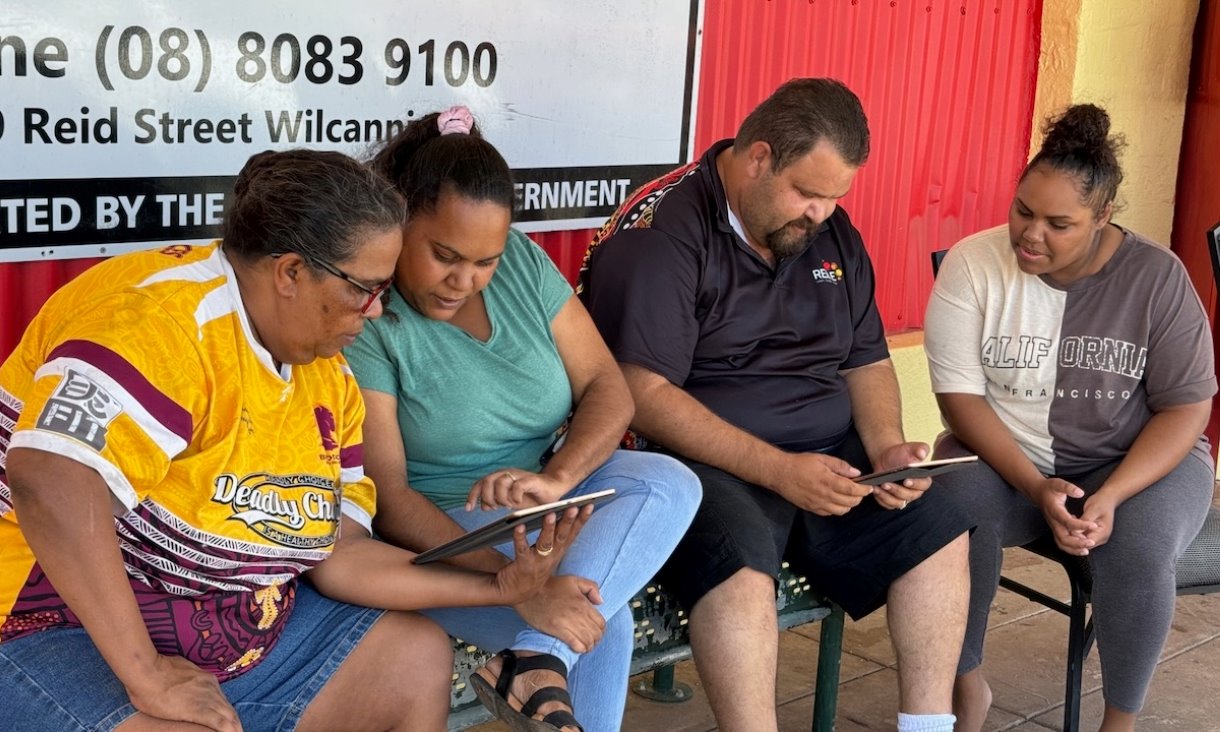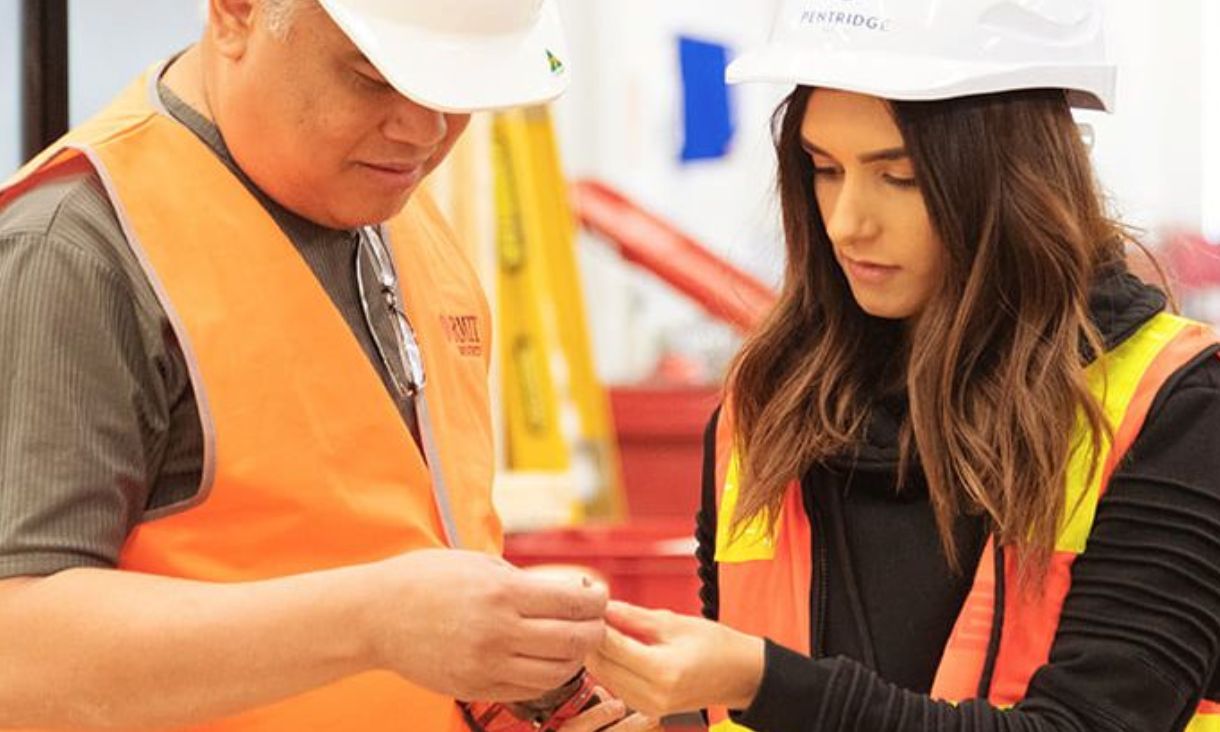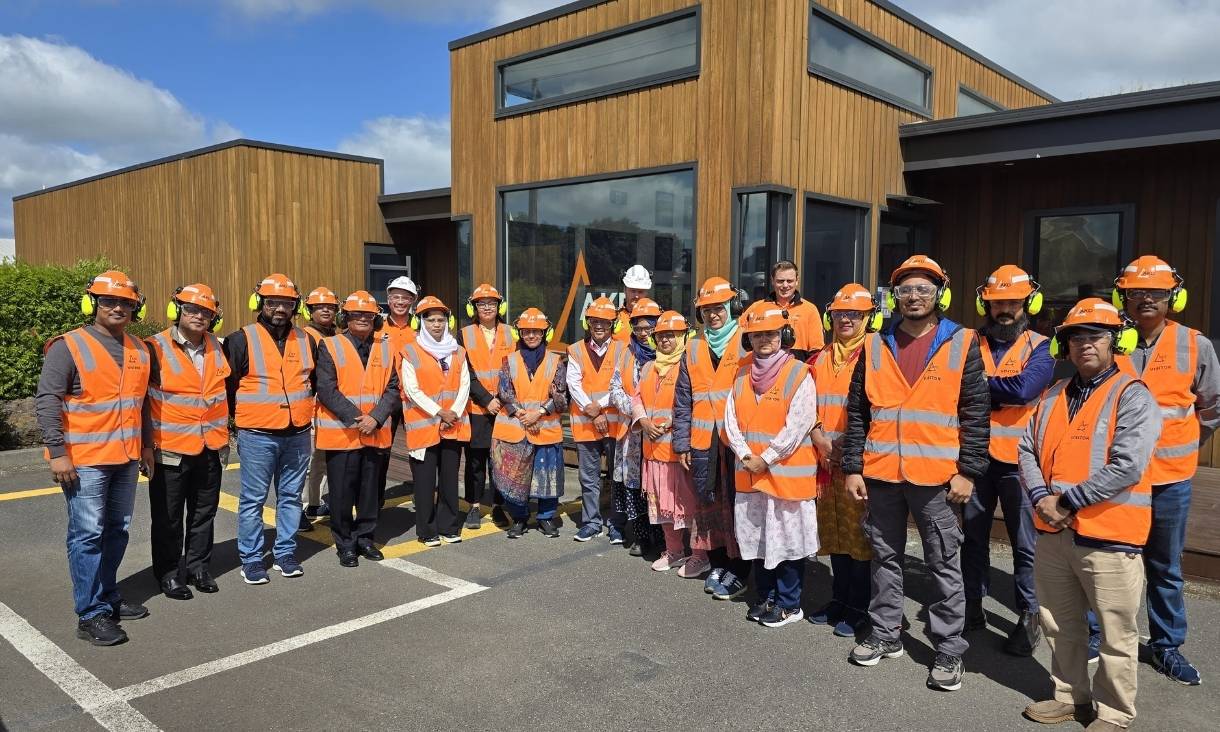Five RMIT research projects received funding ranging from $315,000 to $439,314 for collaborations with industry partners.
The Linkage Projects Grants Scheme funds collaborative research and development projects between higher education researchers and partner organisations.
Deputy Vice-Chancellor Research and Innovation Professor Calum Drummond said RMIT was renowned for the strength of our national and international industry relationships.
“These grants are a recognition of RMIT’s continued success in collaborative research partnerships,” he said.
“They’ll see our researchers continue to do what they do best – making a real and positive difference that will benefit our whole community.”
One project lead by Professor Lijing Wang from the School of Fashion and Textiles looks to improve multilayered firefighting protective garments and their thermal comfort.
Backed by $439,314 of funding, the Multilayered Safety Clothing for Personal Protective Equipment project will create new multifunctional fabric designs and engineering techniques to integrate improved heat and flame protection, comfort and smart features into optimized multilayered garments.
It will create novel clothing systems that will better protect wearers and allow them to effectively combat bushfires and save lives and assets.
Other grant success includes a project led by The School of Engineering’s Dr Khashayar Khoshmanesh, who was awarded $430,000 for his project, Microfluidic Platforms for Studying the Dynamics of Foam Cell Formation in Vessels.
The project expects to deliver technologies, which facilitate mimicking and analysis of the complex dynamics of the human vessels in a more accurate, time and cost-effective manner.
It’s expected the project will deliver cutting-edge tools and techniques to better understand the fundamental biological mechanisms driving foam cell formation.
This should facilitate the development of future cardiovascular drug discovery technologies, which would benefit the biotechnology and pharmaceutical industries.
Other successful projects included:
- In the School of Global, Urban and Social Studies, Professor Sarah Bekessy and team received $372,543 for a project on effective biodiversity behaviour change across supply chains.
- In the School of Science, Professor Gary Bryant, Associate Dean of Physics, and team received $382,905 for a project on long term storage of human platelets for improved transfusion outcomes.
- Also in the School of Science, Professor Xiaodong Li and team received $315,000 for a project on machine learning techniques for fuel loss detection at service stations.
Story: Mark Moffat



.jpg)
